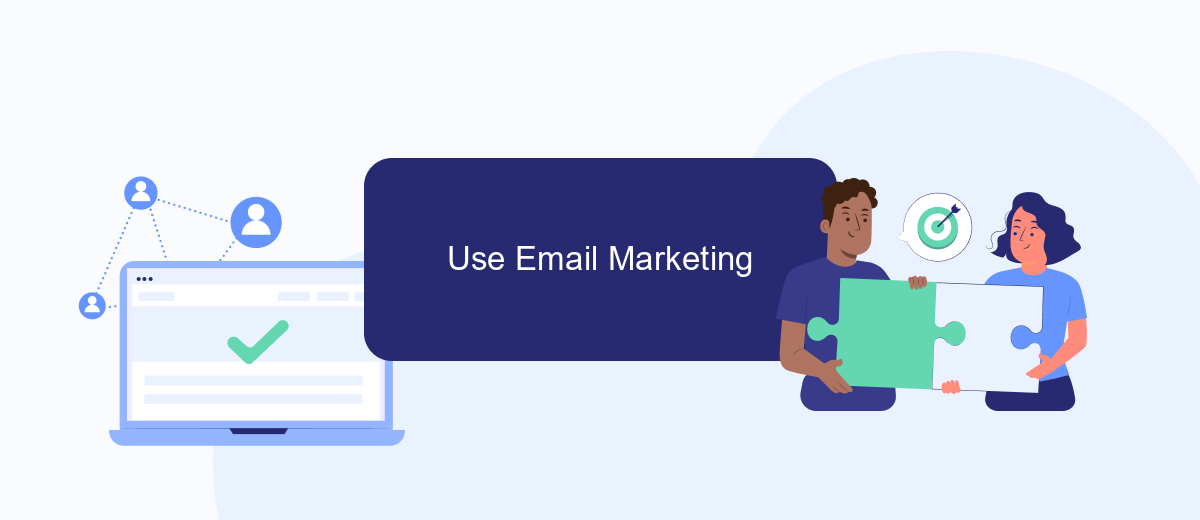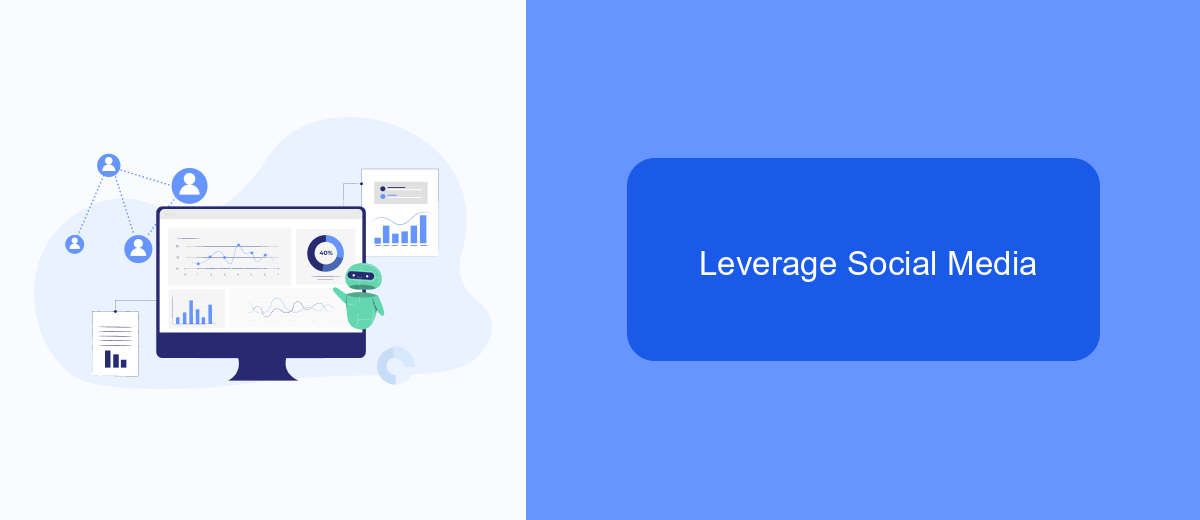In today's digital age, effective blog lead generation is essential for businesses looking to grow their audience and convert readers into loyal customers. By leveraging strategic content creation, SEO techniques, and social media engagement, you can attract high-quality leads and nurture them through the sales funnel. This article explores proven methods to enhance your blog's lead generation capabilities and drive meaningful results.
Identify Your Target Audience
Identifying your target audience is crucial for effective blog lead generation. By understanding who your ideal readers are, you can tailor your content to meet their needs and interests, thereby increasing engagement and conversion rates. Start by analyzing your current audience demographics and behavior patterns, then create detailed buyer personas to represent different segments of your audience.
- Conduct surveys and interviews to gather insights about your audience’s preferences.
- Use analytics tools to track user behavior on your blog and social media platforms.
- Analyze the performance of your existing content to identify what resonates most with your readers.
- Segment your audience based on characteristics such as age, location, profession, and interests.
Once you have a clear understanding of your target audience, you can create more focused and relevant content that addresses their specific pain points and interests. Additionally, consider using services like SaveMyLeads to streamline your lead generation process by integrating various marketing tools and automating data capture. This will help you efficiently manage and nurture your leads, ultimately driving more conversions.
Create Valuable Content

Creating valuable content is essential for effective blog lead generation. Start by understanding your target audience's needs and pain points. Conduct thorough research to identify the topics that resonate with them and provide solutions to their problems. High-quality content should be informative, engaging, and actionable. Use a mix of blog posts, infographics, videos, and other formats to cater to different preferences. Consistently publishing relevant content will establish your blog as a trusted source of information, encouraging readers to return and engage with your material.
Additionally, integrating tools and services can streamline your content strategy and improve lead generation. For instance, SaveMyLeads allows you to automate the process of capturing leads from various sources and integrating them into your CRM or email marketing platform. This ensures that no potential lead is missed and helps you maintain a seamless workflow. By leveraging such tools, you can focus more on creating valuable content and less on the technical aspects of lead management, ultimately driving better results for your blog.
Use Email Marketing

Email marketing is a powerful tool for generating leads through your blog. By capturing visitors' email addresses, you can nurture these leads over time and convert them into loyal customers. Start by offering valuable content, such as eBooks, whitepapers, or exclusive blog posts, in exchange for their email addresses.
- Set up a subscription form on your blog to collect email addresses.
- Use an email marketing service to automate your email campaigns.
- Segment your email list to send targeted content to different groups.
- Regularly send newsletters with your latest blog posts and special offers.
- Analyze your email marketing performance and adjust your strategy accordingly.
Integrating your blog with an automation tool like SaveMyLeads can streamline this process. SaveMyLeads allows you to connect your blog with various email marketing services, ensuring that new subscribers are automatically added to your email list. This helps you maintain an organized and efficient lead generation system, ultimately boosting your conversion rates.
Leverage Social Media

Social media platforms are a powerful tool for generating leads for your blog. By leveraging these platforms, you can reach a wider audience and engage with potential readers in a more interactive way. Sharing your blog posts on social media not only increases visibility but also encourages sharing and discussions among users.
To maximize your social media efforts, it's important to understand where your target audience spends most of their time. Focus on the platforms that are most popular with your demographic, whether it's Facebook, Twitter, LinkedIn, or Instagram. Tailor your content to fit the style and tone of each platform to ensure maximum engagement.
- Share blog posts regularly with eye-catching headlines and visuals.
- Engage with your audience by responding to comments and messages.
- Utilize hashtags to reach a broader audience.
- Run social media ads targeting your ideal readers.
Consider using tools like SaveMyLeads to automate the integration of your blog with social media platforms. This service can help streamline the sharing process, ensuring your content reaches your audience promptly and efficiently. By integrating your blog with social media, you can save time and focus on creating high-quality content.
- Automate the work with leads from the Facebook advertising account
- Empower with integrations and instant transfer of leads
- Don't spend money on developers or integrators
- Save time by automating routine tasks
Integrate with Your CRM and Sales Tools
Integrating your blog lead generation efforts with your CRM and sales tools is crucial for streamlining your workflow and ensuring no lead falls through the cracks. By syncing your blog's lead capture forms with your CRM, you can automatically populate your database with new contacts, segment them based on their interests, and tailor your follow-up strategies accordingly. This seamless integration not only saves time but also enhances the accuracy of your data, leading to more effective sales and marketing efforts.
Tools like SaveMyLeads can simplify this process by automating the transfer of lead information from your blog to your CRM and other sales tools. With SaveMyLeads, you can set up custom workflows that trigger specific actions based on the data collected from your blog. For example, you can automatically assign leads to the appropriate sales representative, send personalized follow-up emails, or even initiate a series of nurturing campaigns. Integrating these tools ensures that your lead management process is efficient, responsive, and ultimately more successful.
FAQ
What is blog lead generation?
How can I optimize my blog for lead generation?
What types of content are most effective for generating leads?
How can I automate lead generation from my blog?
What metrics should I track to measure the success of my blog lead generation efforts?
Would you like your employees to receive real-time data on new Facebook leads, and automatically send a welcome email or SMS to users who have responded to your social media ad? All this and more can be implemented using the SaveMyLeads system. Connect the necessary services to your Facebook advertising account and automate data transfer and routine work. Let your employees focus on what really matters, rather than wasting time manually transferring data or sending out template emails.

